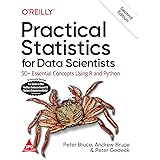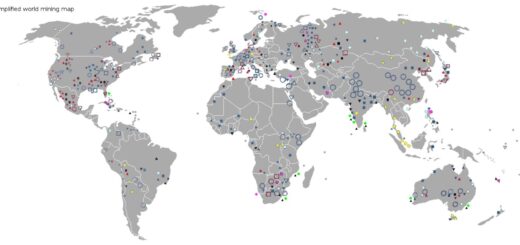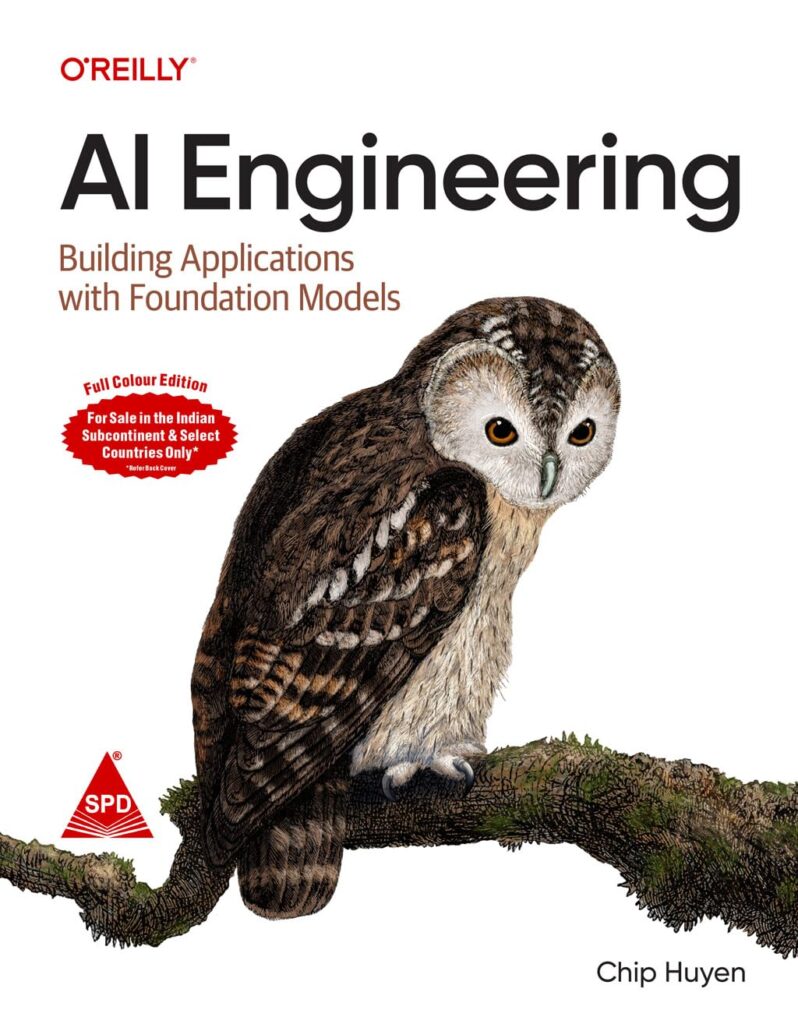Data Science Soft Skills
Data Science Soft Skills, Data scientists can have a significant impact on a company’s earnings in a variety of ways. Many competitions are now taking place in this discipline. So, if you want to be a good data scientist, you have undoubtedly distinguished yourself.
In this post, we’ll go through many soft talents that might help a candidate stand out from the crowd of job applications.
Data Science Soft Skills
We can divide the skills into two categories: non-technical and technical.
Non-Technical Skills.
1. Critical thinking
Critical thinking is the ability to think clearly and rationally while comprehending the logical relationship between ideas. Objectively approach the questions, form a hypothesis, analyze, and summarise.
All of the business issues need to visualize various viewpoints and perspectives.
2. Communication
To effectively convey the business insights from the data, communication is one of the most critical components, which is not only applicable in the Data Science sector but also in other fields.
Every research study relies on assumptions, which must be communicated with proper process flows and conclusions.
3. Problem solving
Take advantage of chances, learn about problems, and explain how to solve them. To make the most of your resources, learn how the processes work and approach them with the right assumptions.
Use the most powerful or beneficial ways to arrive at the solutions. Always adopt new technology that will aid in the resolution of issues.
4. Business sense
Always consider the business perspective; you must comprehend the business and its requirements.
Understanding business problems and resolving them with the help of appropriate data is essential.
Data Science is more than a data analysis; it is the study of data and the solution to business problems. Become a member of the team and gain a thorough understanding of all business issues.
Data Science Soft Skills

Technical skills
5. Data Analysis
When it comes to data analysis, you’ll need to know about different sorts of data sources, data arrangements, cleansing, data manipulation, modeling, and so on, as well as be able to handle large amounts of structured and unstructured data.
Different forms of data visualization approaches, as well as strategies for good explanation and presentation, must be understood.
Finally, incorporate these data sets into identifying the business problem and finally for decision-making.
6. Programming
When working with large amounts of data, you’ll need to know how to use programs like R, Python, SQL, and others to quickly analyze, process, and visualize the data.
Create programs for automation if the task is repetitive so you can make use of them effectively.
7. Statistics
It is vital to be familiar with various statistical methodologies. For instance, if you want to find a trend, exploratory data analysis will be useful, and you can go deeper into the inquiry if necessary.
Each model or procedure has its own set of assumptions that must be understood and implemented correctly.
8. Machine Learning
Because company problems are evolving, it’s critical to comprehend how machine learning algorithms can be used to boost earnings. Develop useful AI solutions by training the model.
Finally, keep in mind that business-friendly solutions might help your company reach new heights and soft talents can help you become a high performer.






